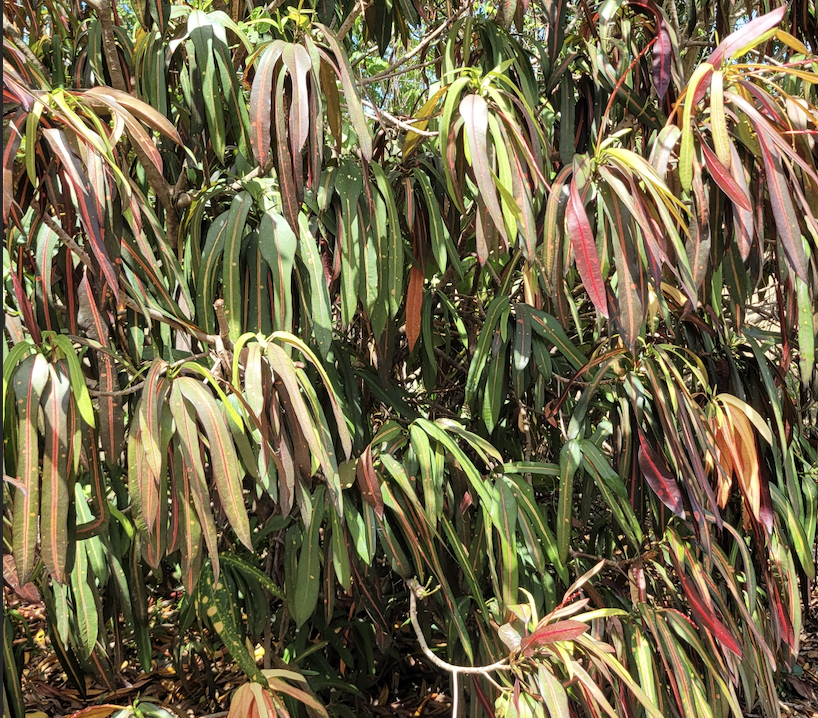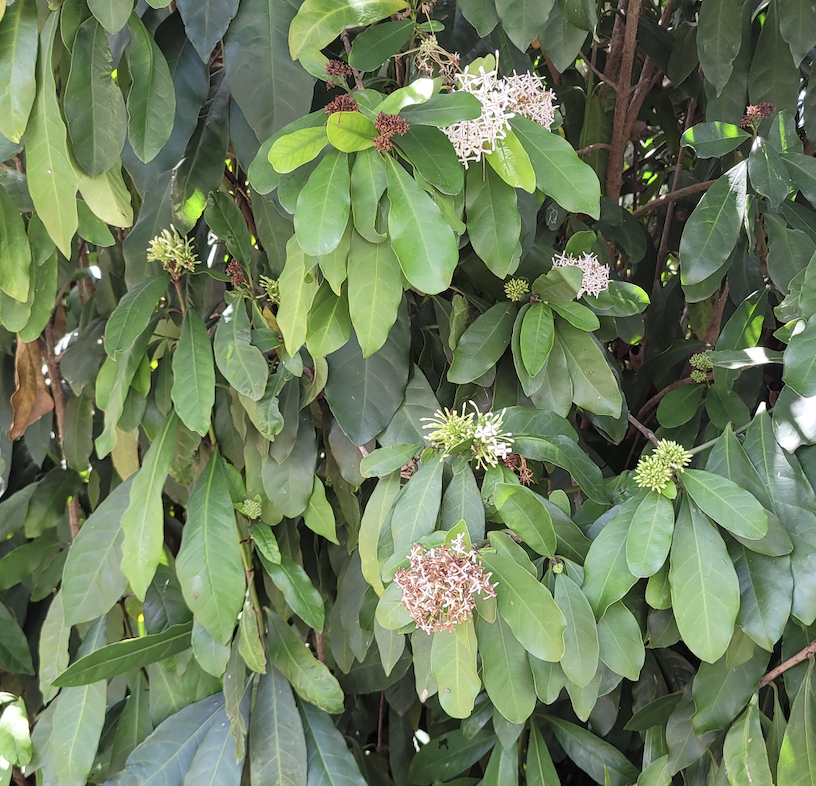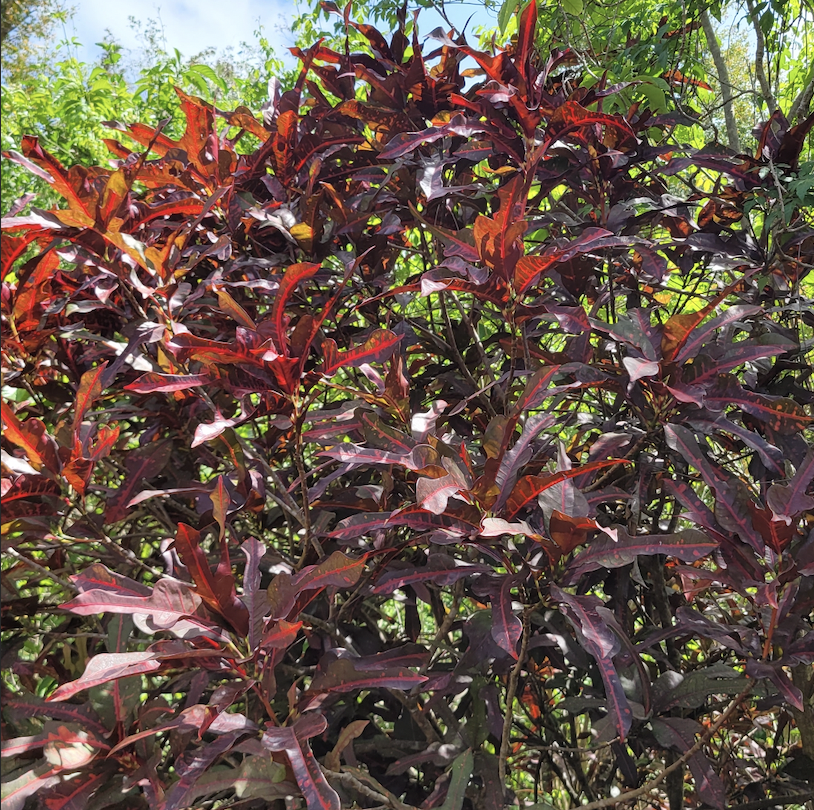Lucy Cabret has set aside her normal potting and pruning. She’s only watering these days.
Severe drought conditions have the entire territory parched. In St. Croix, where the National Oceanic and Atmospheric Administration described drought conditions as extreme, Cabret’s duties as head gardener and nursery manager at the St. Georges Village Botanical Gardens are dramatically altered.

“Drought-tolerant plants are wilting. That’s how you know it’s really dry,” she said Tuesday.
NOAA said the Virgin Islands had an exceptionally dry May, with rainfall now up to five inches below normal. Groundwater levels continued to recede.
Cabret and a few volunteers brave the heat as long as they can to dampen 16-acre acres of Frederiksted soil with water from a 5,000-gallon cistern and two auxiliary tanks.
“We really rely on water conservation — not watering too much and watering properly,” she said. “Trees are producing a lot of seeds when dry season comes because the tree actually thinks it’s dying.”

Cabret is especially concerned about the garden’s fruit orchard and the African Provision Garden.
The African Provision Garden includes crops enslaved people grew in centuries past — root vegetables, herbs, and bananas. Cabret and team harvested this spring and are preparing to replant.
“That destination garden is very important because that’s food,” she said.
Dale Browne, a farmer at Sejah Farm of the Virgin Islands, said the lack of rain has forced his operation to go from using 12,000 gallons of water a week to 16,000 gallons. Non-breeding animals have been culled, and his seven crops are watered carefully.
Each goat or sheep uses two gallons of water a day. A donkey will need five to seven gallons and a horse at least 10 gallons.
“We are in a drought for over a year and a half. We’re entering the summer with the possibility of little to no rain all summer,” Browne said. “Our environment is changing, and that adds to the drought. There’s a lot of conservation and initiation that needs to be taken.”

Just as farmers are planning ahead and being careful about water usage, he’s asked the rest of the island to be thoughtful about their water usage. St. Croix used to be a forest with running water, he said. Less-than-careful land clearing has filled in those rivers, taken down those forests, and disrupted the ecosystem that had once made the island an agricultural powerhouse.
The Department of Planning and Natural Resources issued a warning about Saharan dust blowing over the territory this week and another cloud likely to pass this weekend. The dust can cause difficulty breathing for some people and generally add to dry air.
The Virgin Islands Fire Service put in place a burn ban Monday because of the dry, arid conditions. They did the same thing a year ago, asking people to refrain from all outdoor burning.
Cynthia Holmes, vice president of Cruzan Gardens, said she would definitely not burn anything. In her 20 years at the gardens, Holmes said some years this season is very wet and others years very dry.

“It’s just this year the Saharan dust has just been exorbitantly bad,” she said. “We’ve just got to make sure that we’re ready for it. The Department of Agriculture gave out a notice to everybody that we were going to end up in a drought this year, and, of course, it was raining every day at that point. So, if you didn’t at least heed the warning, you might be in a little bit of a difficult situation this year.”
The non-native plants suffer most, Holmes said.
“A lot of the native materials can handle this kind of situation because it is a common occurrence for St. Croix,” she said.